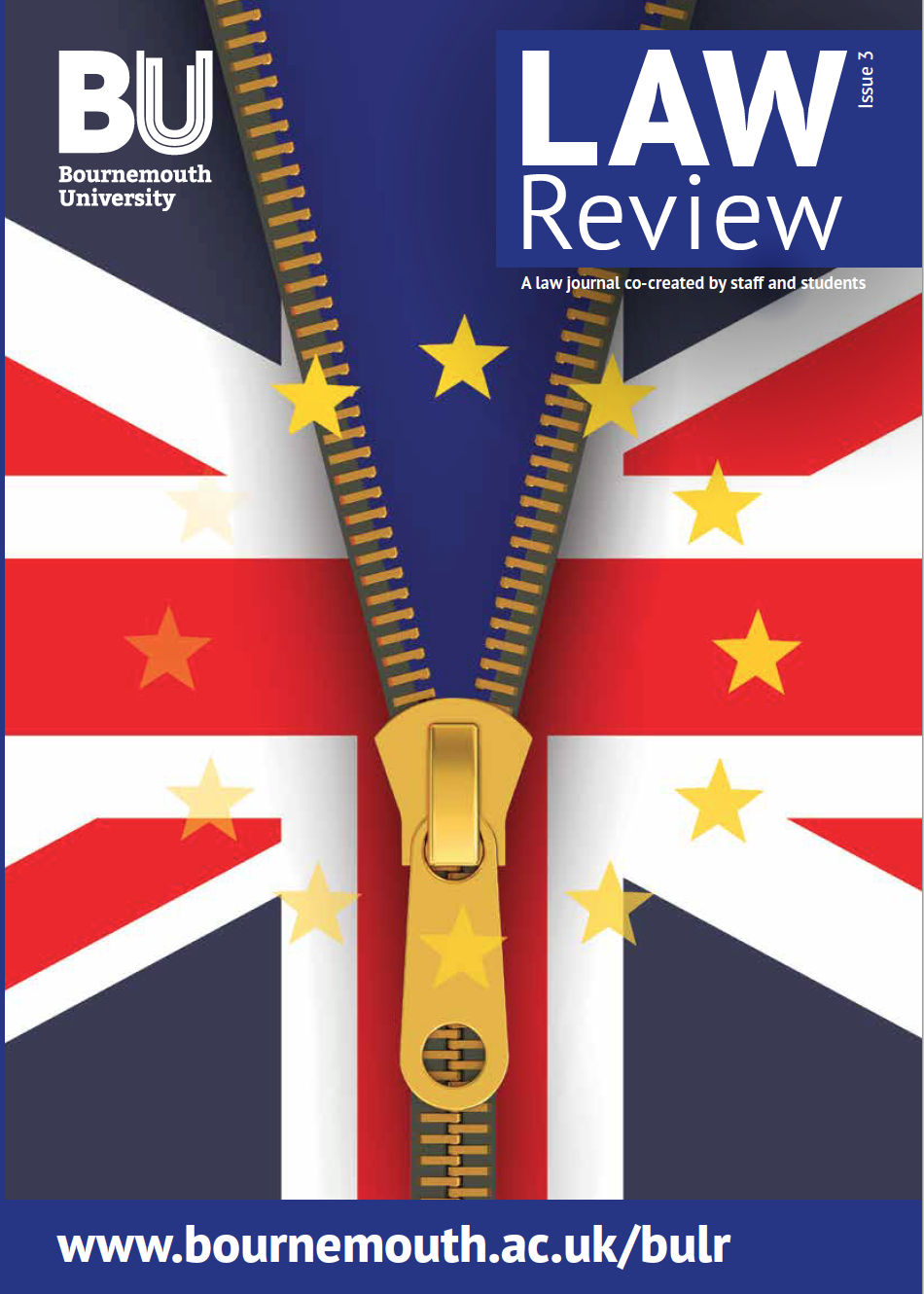The path to legitimising the International Criminal Court (ICC) has been met with its fair share of challenges, and the implementation of the crime of aggression into the Rome Statute is no exception. The conceptualisation of ‘aggression’, mainly considered an unjustified attack from an individual with some level of power from one state to another state, has been discussed in global affairs as far back as World War II. Since then, the emphasis on the requirements of the definition and corresponding clauses has changed dramatically. Codified in articles 8bis and 15bis and 15ter of the Rome Statute, the crime has been formulated for the court to focus on the most important officials waging acts of aggression. However, in light of the Rome Statutes, this paper considers that the current substantive, procedural and jurisdictional definition is ‘too narrow’, and the jurisdictional threshold ‘too high’ to successfully achieve the goals of international criminal justice and bring perpetrators to trial. Whether this is a convincing argument, considering the purpose of the court and the ICC system has yet to be seen. As such, this article presents an analysis of the crime of aggression against the background of international legal discourses on the chequered history, relevance and effectiveness of its codification and enactment into the Rome Statute. Building on the evidence in literature, the paper demonstrates that the current literal text of the definition cannot be expanded to include non-state actors and quasi-state entities that do not necessarily possess state-like characteristics yet have the capacity to commit the crime. Re-characterisation of the definition and jurisdictional threshold of the crime, in particular, the material elements, requirements and specifications for ‘opt in’ and ‘opt out’ of state parties are imperative to making the codification of the crime more effective. In turn, the prospects of successful prosecution of perpetrators will be more likely.
 Article
Article